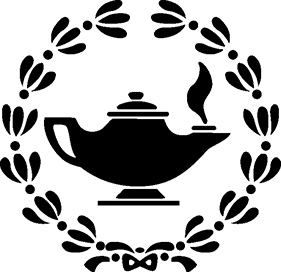Curriculum Connections
Download a comprehensive list of BC Ministry of Education prescribed learning outcomes (PLOs) that may be addressed with this resource package. While these lessons were designed for secondary students, most modules and activities are easily adaptable for upper intermediate students.
Module 1: Introduction to Climate Justice
This lesson introduces students to the concept of climate justice in the context of global climate change. Students will consider both the causes and effects of climate change through a fairness and equity lens. Using figures, quotes and videos, this lesson invites students to discuss and act on how BC can reduce its carbon emissions while becoming more socially just.
Module 2: Reimagining our Food System
This lesson explores climate change and our food systems, how climate change may affect food production in BC and elsewhere, and social justice issues, such as vulnerability to hunger and migrant farm labour. Students will consider actions that individuals, schools and governments can take to make BC’s food systems more fair, sustainable and resilient to climate change.
Module 3: Transportation Transformation
Students will unpack the advantages and disadvantages of owning a car and how it relates to both greenhouse gas emissions and social equity. They will reflect on how community design encourages or discourages car use, and imagine what we can to do to better facilitate walking, biking and public transit options, create more complete communities and improve quality of life.
Module 4: Rethinking Waste
This lesson explores our culture of consumption and how it produces waste, both solid waste and airborne emissions like greenhouse gases. Students will reflect on what gets thrown away over the course of a day and what items in their lives are “designed for the dump.” Students will consider how to move beyond recycling and composting to reducing and eliminating wasteful consumption, and how their school can take action.
Module 5: Fracking Town Hall
This lesson wrestles with the challenges of fossil fuel extraction and the bigger picture context of the push for a BC-based liquefied natural gas (LNG) industry. Students will use video resources and graphics to learn about the fracking process, then explore why fracking is a contentious issue in BC. Through a town hall simulation, students will take on the roles of key stakeholders surrounding a proposed fracking operation in the fictional town of Mountainhead. Looking at the issue through the lenses of the economy, environment and human health, students will deepen their understanding of different sides of the debate.
Module 6: Green Industrial Revolution
Students will explore the history of resource development in BC and BC’s current carbon crossroads. Using the Climate Justice Project mini-documentary Town at the End of the Road, students will reflect on the decline of forestry in Mackenzie, BC, and consider how the sector can be re-imagined as part of a green economy. Using highly engaging infographics, students will explore the possibilities and advantages of investing in green buildings and energy efficiency retrofits, new transportation infrastructure, and clean energy and conservation initiatives.
Module 7: Imagining the Future We Want
Students will reflect on our current time of ecological crisis and social inequity. Then, using a storytelling exercise, students will talk to their descendants seven generations in the future and discuss the challenges we face today and imagine how we can move towards a better future. Through these exercises, students will explore themes of intergenerational justice and cultivate stories of action and hope.
Module 8: Challenges to Change
This lesson explores the essential elements of successful social change movements. Drawing from the Story of Stuff’s The Story of Change video, students will contemplate what is holding us back from achieving climate justice in BC and what can move us forward. The lesson ends by looking at “Youth4Tap,” a BC student-driven initiative aimed at eliminating the sale of bottled water from their school and installing new water refill stations on campus.





